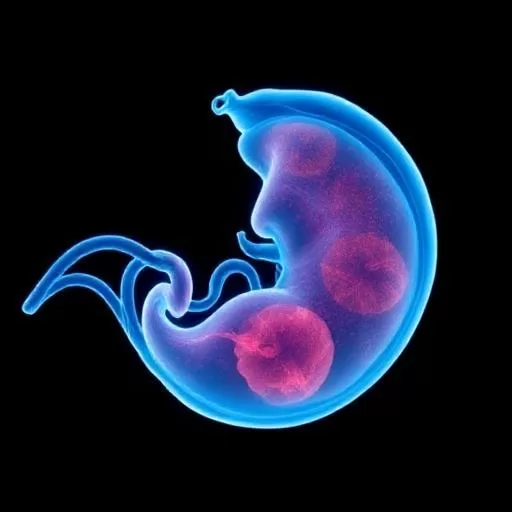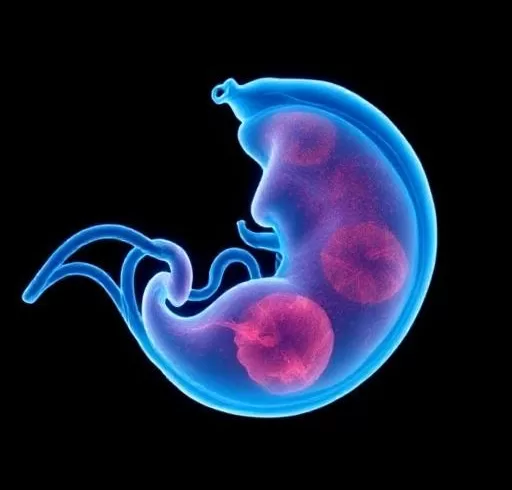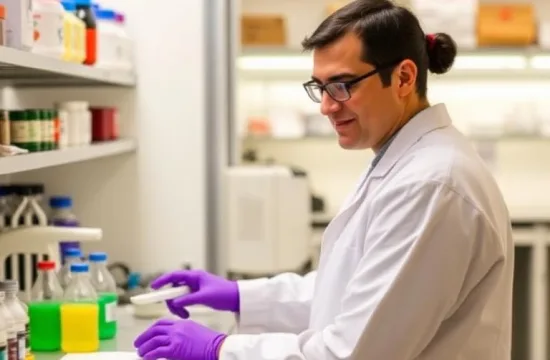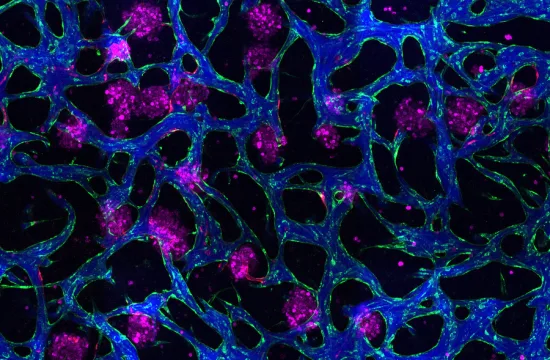
The International Society for Stem Cell Research (ISSCR), the world’s leading organization of stem cell scientists, has expressed deep concern over reports that the U.S. National Institutes of Health (NIH) may halt the renewal of research grants involving human fetal tissue (HFT). The society also criticized claims suggesting that HFT research lacks transparency and responsible oversight.
In a strongly worded statement, ISSCR President Hideyuki Okano defended the scientific and ethical integrity of HFT research, calling it “indispensable” to biomedical progress. “Research with HFT and HFT-derived cell lines has been a cornerstone of biomedical progress since the 1930s,” Okano said. “For decades, this work has been conducted with bipartisan congressional support under both Republican and Democratic administrations in the U.S.”
Okano emphasized the critical role HFT has played in understanding human development, infertility, and diseases such as diabetes, Zika virus, HIV, and neurodegenerative disorders. He also noted that cell lines derived from HFT have contributed to the development of vaccines for polio, rubella, measles, chickenpox, shingles, rabies, and COVID-19.
Despite advancements in alternative research methods like organoids and animal models, Okano argued that HFT continues to offer unique biological insights that cannot yet be replicated. He underscored that HFT research is governed by a rigorous ethical and legal framework, including informed consent protocols and prohibitions on financial gain from tissue transfer.
“These safeguards protect the rights of donors, uphold public trust, and ensure that research using HFT proceeds responsibly while continuing to deliver vital scientific advances,” Okano stated.
The ISSCR called on the NIH to resist political pressure and reaffirm its commitment to evidence-based science. “We urge NIH to reject political pressure to discontinue research with HFT and instead reaffirm its role as a champion of evidence-based biomedical science,” Okano concluded.
The NIH has not yet issued an official response to the ISSCR’s statement.






